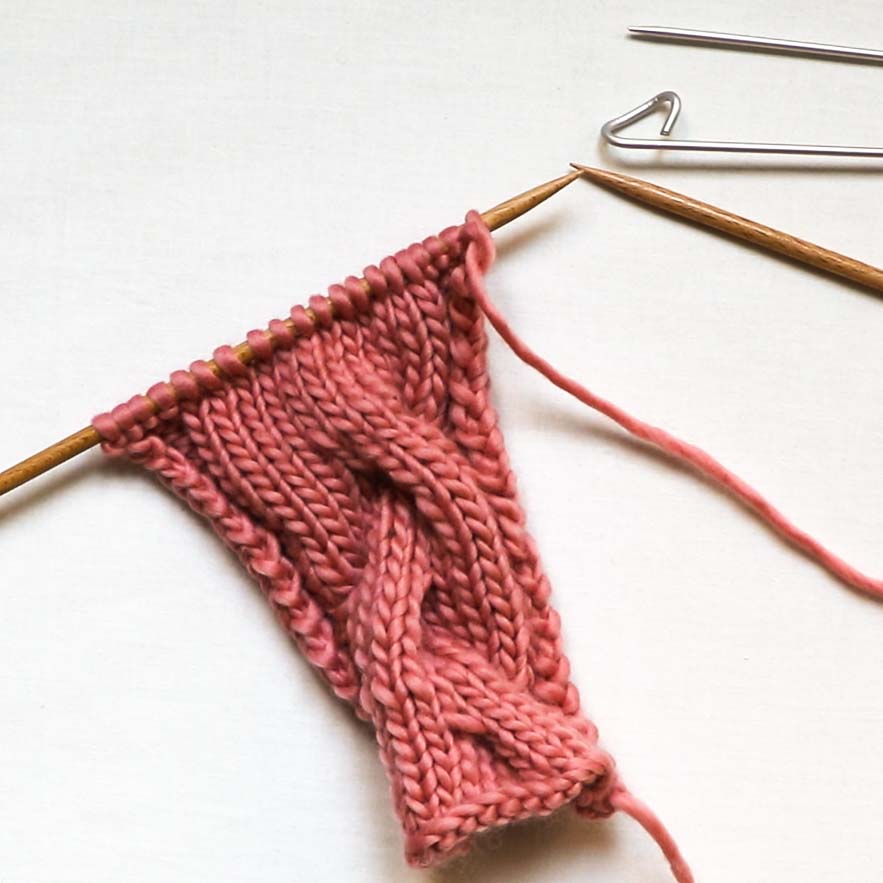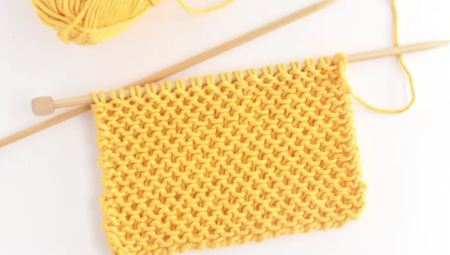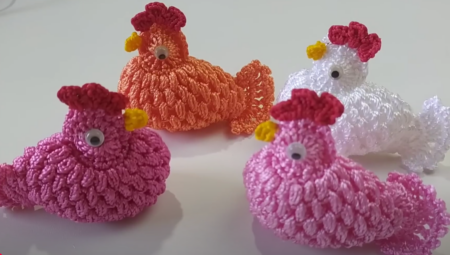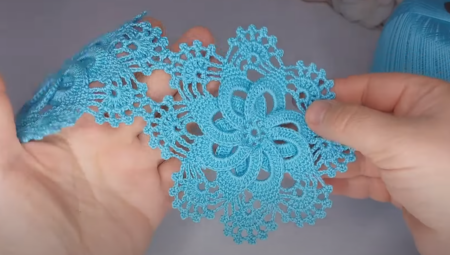Resources and crochet tutorials you may find helpful in following this pattern: Crochet Abbreviations, US to UK Crochet Conversion Chart. Find links to stitches and basic crochet skills on the “Tutorial” menu: Getting Started will show basic stitches such as the slip stitch, single crochet, double crochet stitch and chain stitch used in many patterns and Crochet Stitch Dictionary shows our growing collection of crochet stitch tutorials.
6 advanced knitting techniques you need to know to make your own garments – The Blog – US/UK

The world of knitting is infinite, just when you think you already know all the techniques or all the ways to knit a garment, you come across a pattern with a lot of new techniques that you were unaware of. Here we are going to show you 6 of our favorite advanced knitting techniques. These techniques are going to give your garments a professional and very clean look. Once you learn them you won’t be able to live without them.
Knitting Cables is one of the most popular techniques in knitting however they can be confusing. To knit cables you need to learn how to work a left and a right cross. With these two techniques you can make more than 100 motifs. For this example we are doing a 12 stitch braid stitch but you can use whatever number or stitch combination cable.
Left cross
Slip the next 4 stitches to a cable needle and place them in front of your work. Knit the next 4 stitches. Return the 4 stitches you had on hold and knit them.
Right cross
Slip the next 4 stitches to a cable needle and place them behind your work. Knit the next 4 stitches. Return the 4 stitches you had on hold and knit them.
The perfect example of what you can do with crosses is our Pinecone sweater, this sweater has knit and purled crosses. Also you can search in our free knitting pattern section, there you will find lots of different garments with cables.
Make 1 right
At this point you would probably know how to increase stitches but if you want to have a perfect result you must master this type of increase. This type of increase will go along with the shape of your garment.
To make 1 right, insert the left needle from back to front under the horizontal strand that joins the stitches between the needles. Place it on the left needle as if it were a stitch. Knit the strand.
Make 1 left
This technique will give you the same result but to the left.
To make 1 left, insert the left needle from front to back under the horizontal strand that joins the stitches between the needles. Place it on the left needle as if it were a stitch, Knit the strand through the back loop.
Italian bind off
If you are searching how to bind off rib stitch, this technique is for you, it will give you the most elastic bind off ever, also it is very beautiful, it is also known as rib cast off.
1. Once you have finished knitting, leave a tail about 4 times the width of the stitches you want to cast off, and cut the strand.
2. Thread your tapestry needle with this strand.
3. Insert the tapestry needle through the first stitch as if you were to purl the stitch and pull the strand.
4. Pass the tapestry needle behind the work in between the first and the second stitches.
Once you pass the needle, without letting any stitch go, pass the tapestry needle through the second stitch as if you were going to knit it. Pull the strand.
5. Pass the tapestry needle through the first stitch as if to knit it, and drop it off the knitting needle. Pull the strand. You have bound off a knit stitch*.
*The bound off stitches don’t count, only the stitches on the needle will be counted, starting on the tip of the needle.
6. Pass the tapestry needle through the second stitch on your knitting needle as if to purl and pull the strand.
7. Pass the strand through the firs stitch as if to purl and drop it off the knitting needle. Pull the strand. You have bound off a purl stitch.
8. Repeat steps 4 through 7 until you bind off all stitches.
Centered Double Decrease (CDD)
This technique is used to decrease 2 stitches at once, but instead of forming a diagonal shape, this type of decrease remains centered. This decrease is used mostly in decorative lace stitches.
To knit a centered double decrease, slip the next two stitches from the left knitting needle to the right knitting needle as if to knit two together. Knit the next stitch on the left knitting needle. Insert the left knitting needle into the two slipped stitches and pull them over the first stitch and off the right knitting needle.
Our Pink cosmos sweater kit is the perfect kit to master this technique.
If you want to try these techniques we have a few knitting patterns that have them you can get in the intermediate and advanced section.
Follow us on social media to get free knitting tutorials. We hope you like this 7 techniques and that soon you share your projects with it on social media with the hashtag #weareknitters 🙂 Until next time!




